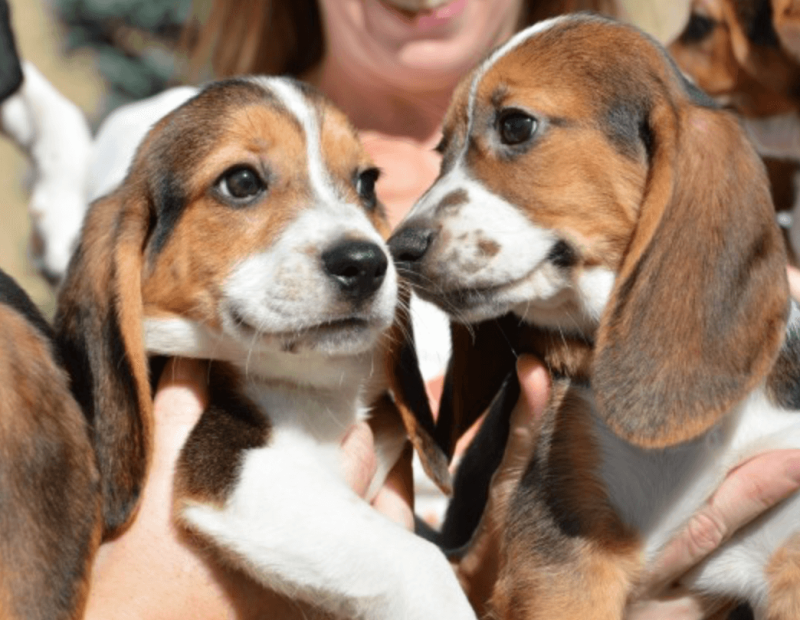The GLP aggregated and excerpted this blog/article to reflect the diversity of news, opinion and analysis.
The world’s first IVF puppies have been born after years of attempts, say scientists in the US.
The in-vitro fertilisation advance paves the way for conserving endangered breeds and could help in the fight against human and animal diseases, say researchers at Cornell University.
The seven beagle and cross-bred beagle-cocker spaniel puppies were born to a surrogate mother.
They were all from the same litter but have three sets of parents.
Frozen embryos were implanted in a female dog using techniques similar to those used in human fertility clinics.
Problems with freezing embryos have caused difficulties in the past, but the group say they have perfected the technique.
The researchers say IVF is a powerful tool to help endangered species of dog such as the African wild dog.
It could also be used in the study of inherited human and dog diseases.
Dogs share many diseases with humans — almost twice as many as for any other species.
The research, published in the journal PLoS One, has been described as a “major step forward” in veterinary medicine.
Read full, original post: World’s first IVF puppies born to surrogate mother































